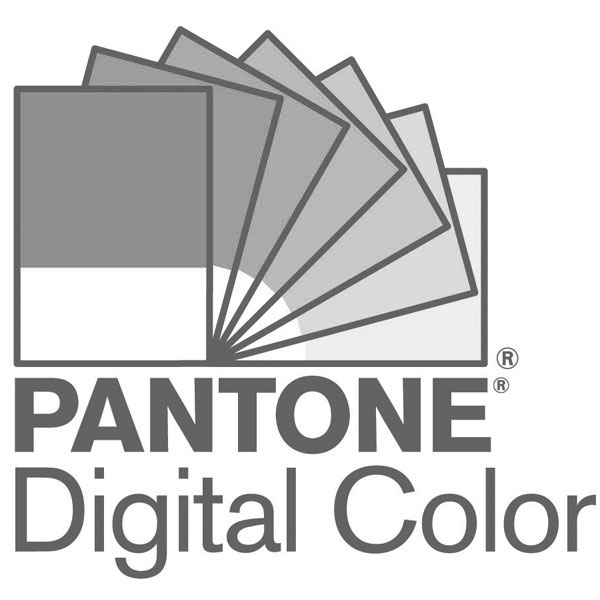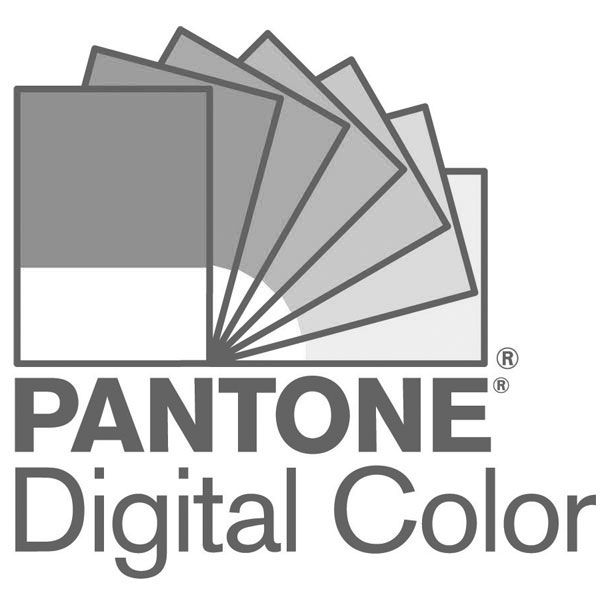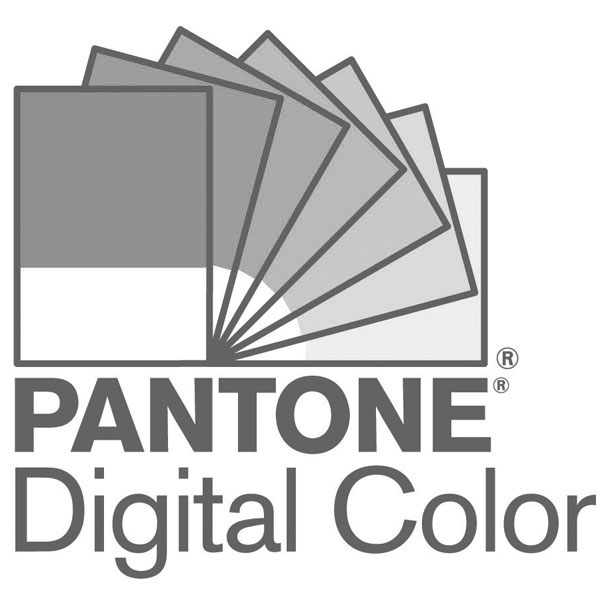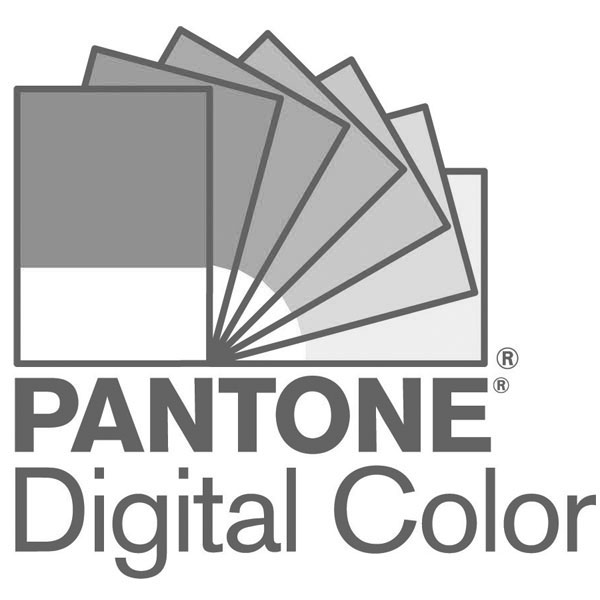Articles - Technical

Understanding the Differences Between RGB, CMYK, CMYKOGV, and SPOT Colors.
Read full article >

Facts About Pantone Graphics Metallic Ink and Coatings
Read full article >

When it comes to adding dynamic, captivating effects into your design projects, Pantone Metallic Colors have got you covered, from packaging to signage to stationery!
Read full article >

Here’s a quick list and diagram of the Pantone Metallics product features to help you maximize their offerings and get a jump start on your next design project!
Read full article >

Pantone's latest Metallic Products can provide fast, economic, and dazzling effects for print and packaging.
Read full article >

Calibration is a cost saving tool that eliminates waste and enhances the performance of color sensitive design tools.
Read full article >

If you haven’t updated your Pantone Guides and Chip Books for several years, you aren’t just missing opportunities to build your brand and enhance your product lines with the latest color additions.
Read full article >

Frequently Asked Questions about Pantone Metallic Shimmers
Read full article >

Frequently Asked Questions about our Polyester Color System.
Read full article >

Best Practices for Pantone Fashion, Home + Interiors Polyester and Nylon Standards
Read full article >

Fashion, accessories and beauty designers need to ensure that color not only cohesively translates across different materials, but also across different media such as e-commerce imagery, packaging and within the retail environment.
Read full article >

Thanks to a combination of brand new software and device releases from Pantone’s parent company, X-Rite, Pantone was able to leverage advanced technology to enhance the printing process.
Read full article >

There are many normal printing industry variables that, even with extremely small changes, can contribute to color appearance changes from print run to print run such as...
Read full article >



If you haven't upgraded your Pantone Guides and books for several years, your colours are no longer meeting full market demand nor are they reliably accurate.
Read full article >
Additional text or description of section